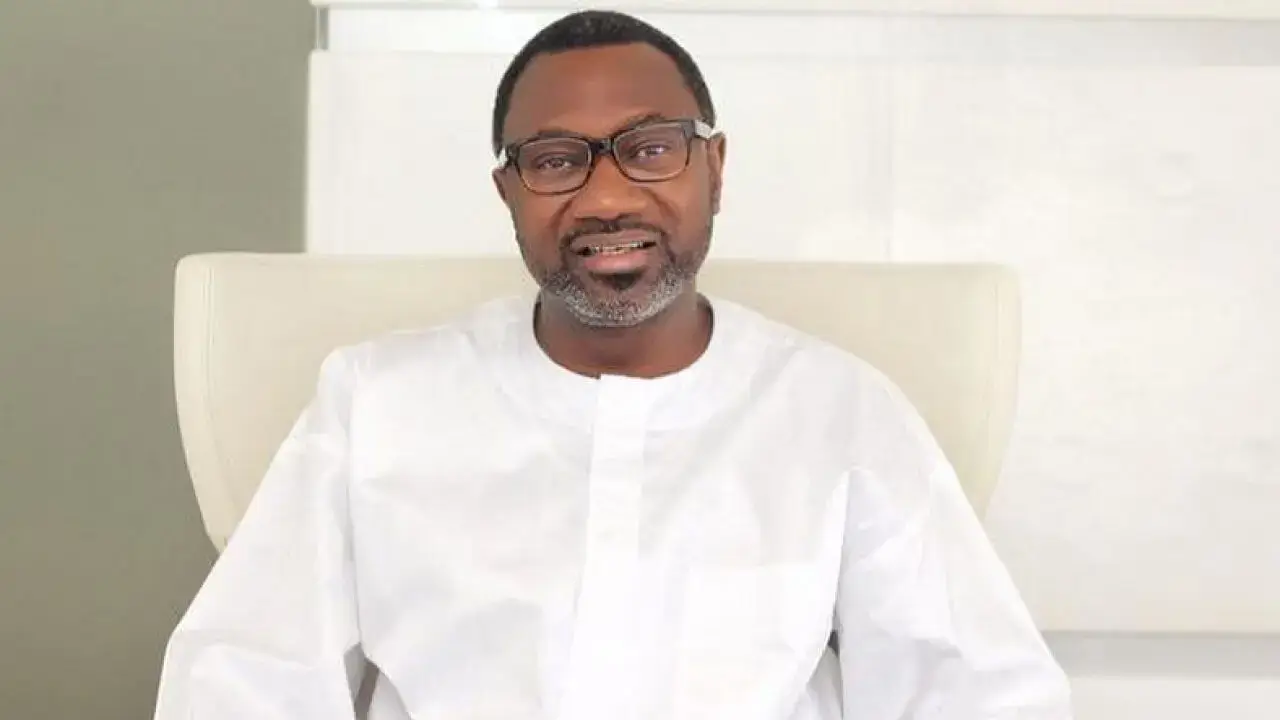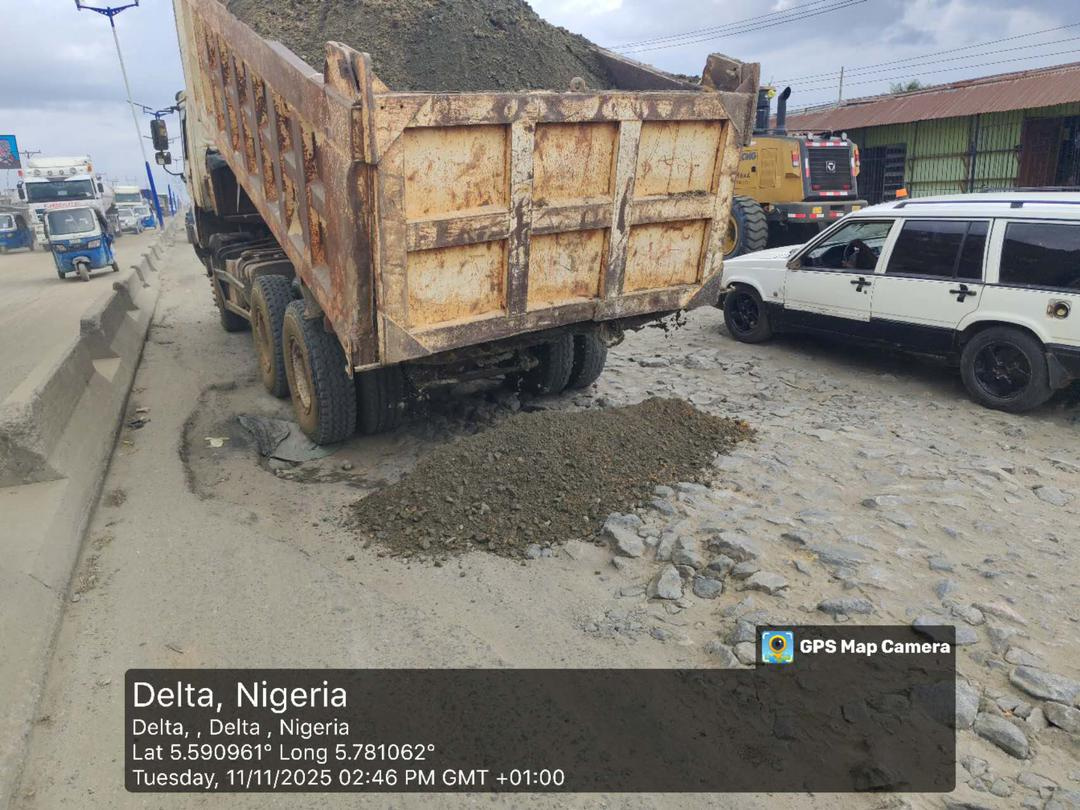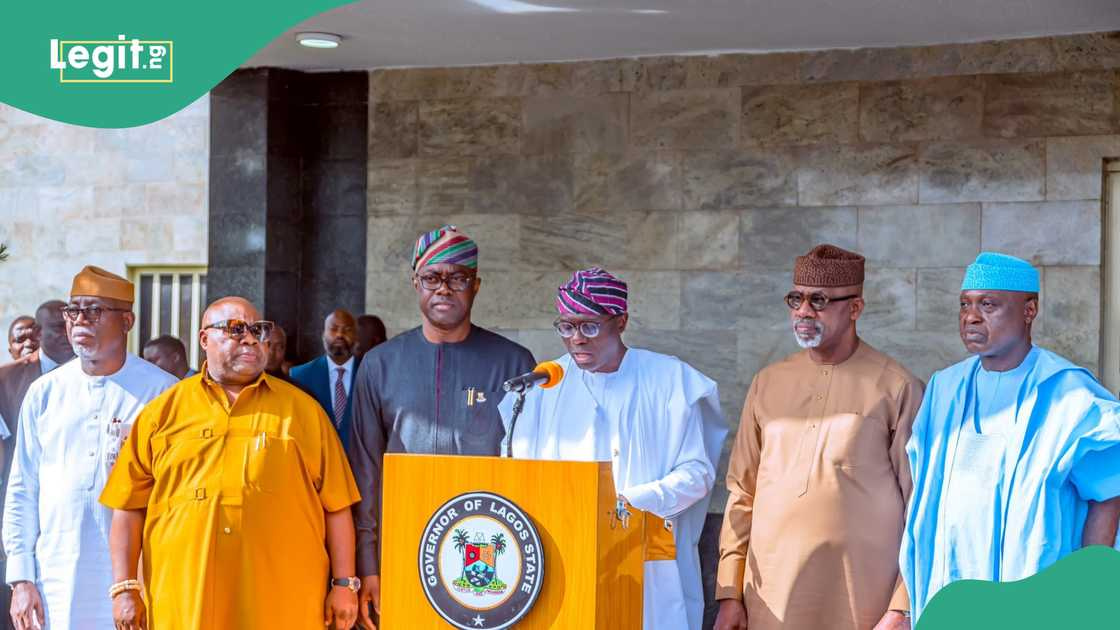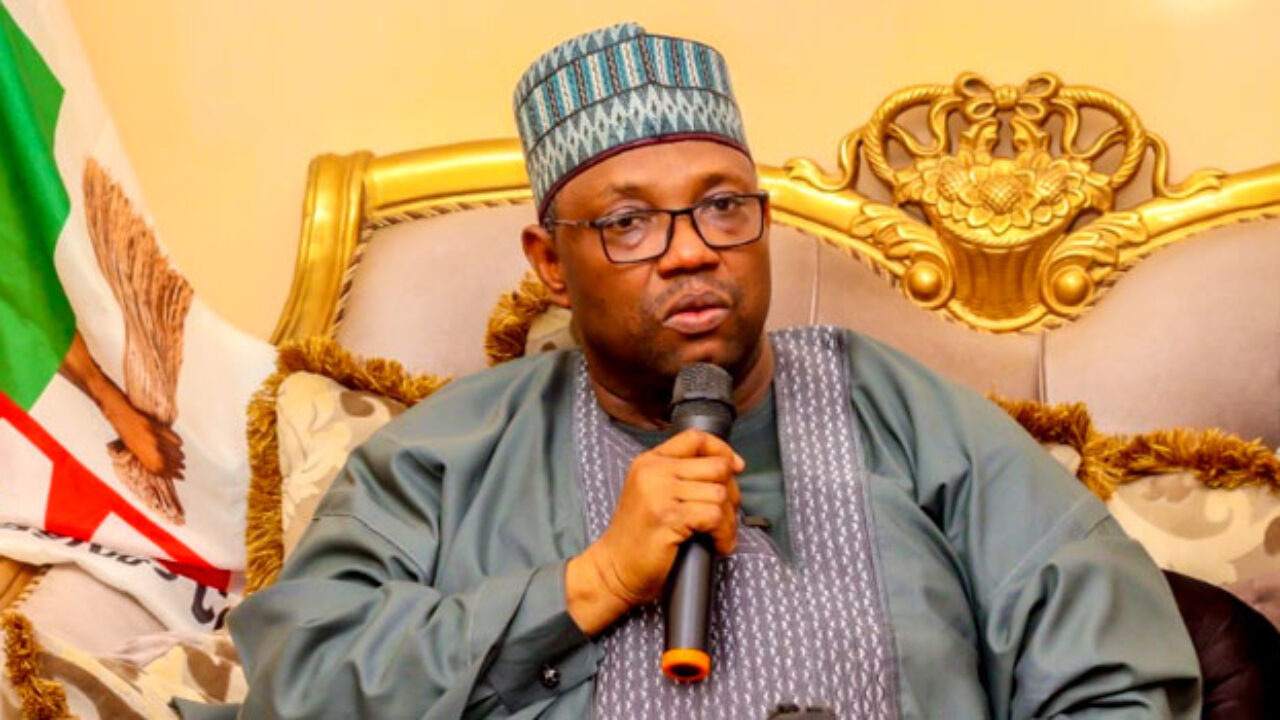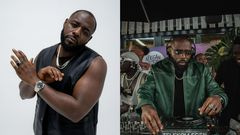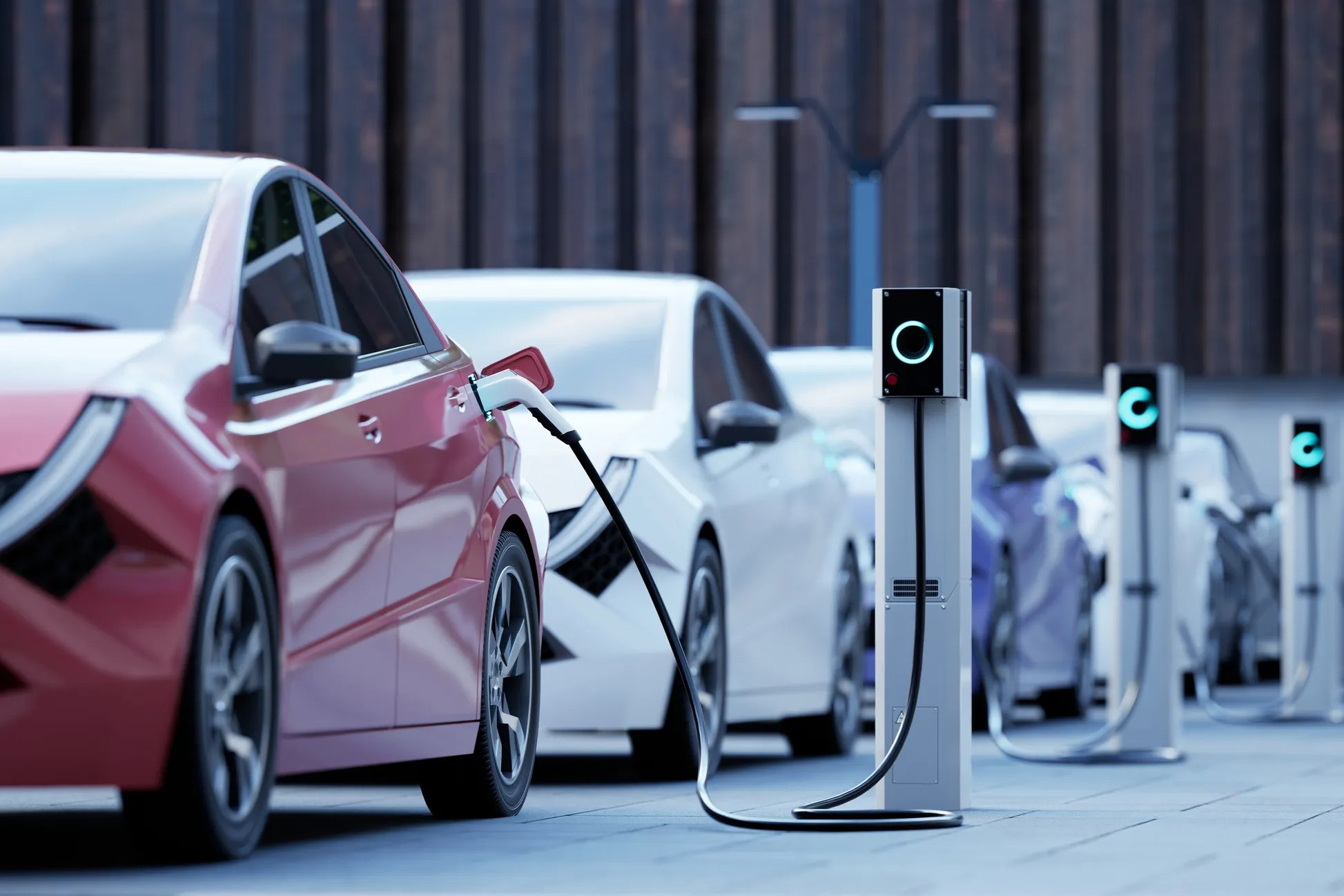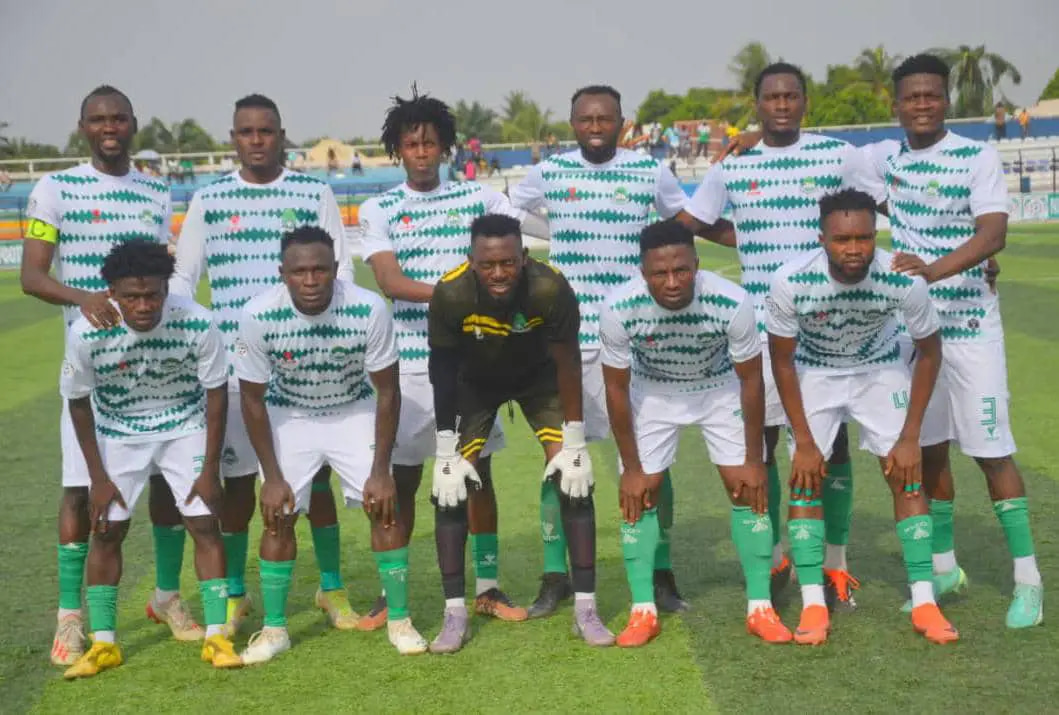Femi Otedola’s ₦1 Billion Lawsuit Shakes Up Nigeria’s Subsidy Fraud Debate
A high-profile legal dispute has emerged at the center of Nigeria’s ongoing debate over fuel subsidy fraud, as renowned businessman Femi Otedola takes legal action against Umar Sani, former media aide to Vice President Namadi Sambo. Otedola is seeking ₦1 billion in damages following allegations that linked him to the controversial subsidy scandal during the Goodluck Jonathan administration.
Understanding the Allegations at the Heart of the Case
Fuel subsidy has long been a source of contention in Nigeria, with scandals tied to the diversion and embezzlement of public funds. According to reports, Umar Sani claimed that more than ₦2 trillion was allegedly siphoned through questionable subsidy claims while Jonathan was president. In Sani’s words, “Otedola himself enjoyed enormous privileges during the era,” a statement that swiftly ignited debate and drew intense scrutiny.
In a country where fuel imports and subsidy payments often represent billions of naira each year—sometimes more than health or education budgets—the accusations connected to fuel subsidy mismanagement strike a nerve.
Otedola’s Response: “Malicious Lies” and His Role as a Whistleblower
Otedola, one of Nigeria’s most prominent businessmen and the chairman of Geregu Power Plc, wasted no time in rejecting Sani’s assertions. Through a statement released Sunday night, Otedola described the allegations as “malicious lies.” He was quick to highlight his own past actions, noting that he played a key whistleblowing role by first alerting both then-President Goodluck Jonathan and then-Senate President Bukola Saraki to the fuel subsidy abuses. Otedola questioned the logic of being accused of benefiting from a scam he claimed to have helped expose.
Dismissing any link to the controversy, Otedola emphasized that his company, Zenon Petroleum, “never traded in petrol,” thus could not have benefited from the subsidy system. In his view, the attempt to rope him into the scandal was a “shameless” effort to tarnish his reputation based on falsehoods.
A High-Stakes Legal Battle: Protecting Reputation in the Age of Social Media
Otedola’s decision to pursue a ₦1 billion libel suit against Sani signals how high the stakes are for public figures in the digital age. “Because of these deliberate lies and unfounded allegations, I have instructed my lawyers to file a ₦1 billion libel suit against Umar Sani,” Otedola declared. His statement stressed that “reputations are not to be toyed with for cheap propaganda,” and he expressed determination to see that “this is achieved” as a deterrent to other would-be defamers.
Legal analysts in Lagos note that libel cases of this magnitude are rare but not unprecedented within Nigeria’s elite circles, especially when accusations threaten corporate and personal interests. Typically, Nigerian courts examine such claims closely, requiring the claimant to prove the falsity and damage caused by the statements.
Calls for Transparency: Release of the Subsidy Fraud Report
Going beyond personal vindication, Otedola has called on President Bola Tinubu to release the full findings of the Aigboje Aig-Imoukhuede panel—a committee established under President Jonathan to investigate fraudulent subsidy payments. Many Nigerians remember the fuel subsidy probe as one of Africa’s boldest anti-corruption efforts, which, according to various sources, uncovered systematic abuses by oil marketers and officials.
Otedola argued that making the panel’s report public would shine a definitive light on those responsible for the looting of national resources. “Nigerians deserve to know the truth about those who looted the treasury through the fraud perpetrated under the Petroleum Subsidy Fund scheme,” Otedola insisted in his statement. He further claimed that past leadership had “called on the late Economic and Financial Crimes Commission (EFCC) Chairman, Ibrahim Lamorde, to halt the investigation.” As of today, the complete panel report remains officially unreleased.
Expert Opinions: The Importance of Setting the Record Straight
Industry analysts, such as Dr. Tunde Ajayi of the Nigerian Economic Institute, recognize the wider implications. “This legal action isn’t just about personal image; it’s a microcosm of the bigger conversation Nigeria must have about anti-corruption, accountability, and truth in public discourse,” he noted. Many experts believe that publicizing high-level reports can foster greater trust in government and deter the spread of misinformation that can damage reputations and erode public confidence.
Grassroots reactions are mixed. Some Lagos residents, like market trader Kemi Adeyemi, express concern over how often powerful individuals are falsely accused or wrongly vindicated. “Every year there’s one new subsidy wahala, but we never seem to see the real report or the real culprits brought to book,” she remarked. Others argue that robust public debate, even if combative, is necessary to keep Nigeria’s leaders accountable.
Regional and Global Context: Corruption, Reforms, and Public Perception
The scrutiny surrounding Otedola and the subsidy scandal is not unique to Nigeria. Across West Africa, several governments have faced similar challenges with fuel subsidy management, resulting in hundreds of millions of dollars in lost revenue and regular public protests. Ghana, for instance, overhauled its fuel pricing system in response to comparable allegations, showing that the issue resonates throughout the region.
Globally, the World Bank and International Monetary Fund have advised many African countries to reform or eliminate fuel subsidies, arguing that the funds often fail to reach their intended beneficiaries and are vulnerable to abuse. According to a 2021 report from the National Bureau of Statistics, Nigeria lost approximately $10 billion to various subsidy frauds in the decade leading to 2020.
What Happens Next? The Search for Justice and Accountability
As the legal case between Otedola and Sani unfolds, many are watching to see if this will mark a turning point in how public accusations are handled and whether demands for greater transparency will be met. Past experiences show that high-profile cases can drag on for years due to legal complexities, while panel reports may remain locked away from public scrutiny. Civil society groups continue to call for systemic reforms, greater access to public records, and stronger protection for both whistleblowers and the wrongly accused.
Whether Otedola is vindicated in court or not, the episode underscores the enduring battle for accountability and clarity in Nigeria’s oil sector, as well as the lengths to which individuals will go to defend their name.
What are your thoughts on this high-profile libel suit and the calls for transparency in Nigeria’s fuel subsidy system? Do you believe publicizing probe reports can improve accountability? Share your views in the comments and stay tuned for updates from both the courthouse and the corridors of power.
What’s your perspective on Nigeria’s fight against corruption and the recent legal battles making headlines? We want to hear from you!
- Share your experience: Have you been impacted by the subsidy regime or legal disputes over public funds?
- Got inside knowledge? Send us your tips, stories, or opinions for a chance to get featured!
Have a story you want to share or sell? We’d love to hear from you! Email us at story@nowahalazone.com to get your story featured or discuss story sales.
For general support, reach out at support@nowahalazone.com.
Stay connected for more in-depth news and analysis! Follow us on Facebook, X (Twitter), and Instagram for the latest updates from across Nigeria and West Africa.

